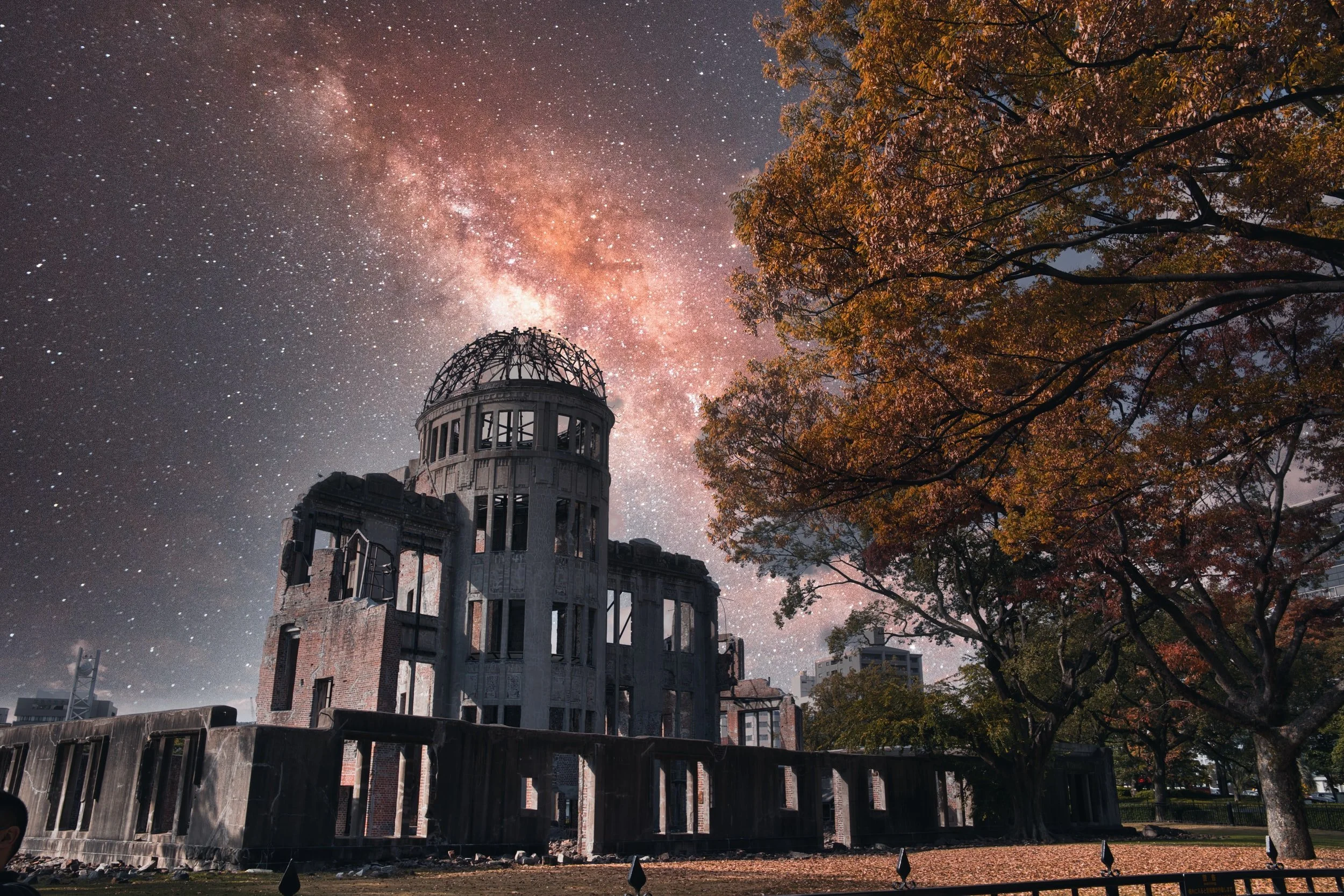Politics
Here you can find articles written by everyday Christians, reflecting on political themes and how Christians can be powerful witnesses within their circles of influence. These pieces come from a variety of backgrounds and perspectives, each aimed at increasing personal growth, dialog, and vital cross-pollinating as we seek building a better Kingdom together.
5 shocking trends from the past year every Christian should be aware of and thinking about:
Sharp rise in Teen Internet Use, Surge in Drug Overdose Deaths for Black Men, Rapidly Shrinking Middle Class, divergent View of Slavery Reparations, philosophical clashes on balanced Journalism and Equal Reporting.
How will advances in technology, like chatgpt3, the continuing after-effects of the COVID-19 pandemic, and the pervasiveness of divisive American politics impact the Church and your Christian witness in 2023..?
Imagine you’re playing Monopoly, and your objective is to go around the board 400 times. That’s a crazy long game of monopoly, right? But in this game of Monopoly, everyone else is given the typical starting money to play the game and you are not.
As Christians, our calling and work must be rooted in biblical understandings, which shape what we do and how we do it. The following is a theological overview to guide our work with migrants and displaced peoples.
Instead of being salt and light in the world (Matthew 5:13-16) we’ve conformed too much to either the Left or the Right, embodying the same flavor as our non-Christian friends and neighbors in each of these camps. Now more than ever it may be time for us to take a step back from the political approach of our parents and grandparents, lest we waste the precious resources and energy God has so generously given us.
I know that the calling on my life to follow Christ, to carry my cross, and to lay down my life for my brothers and sisters means that justice must take precedence over self-preservation. Inner harmony can never be achieved without speaking up for “the least of these.”
Some Christian leaders have decided churches should be a safe space apart from and above talk of presidents, regimes, and political policies. Others have collaborated closely with the powers that be, seizing an opportunity to restore Christian values to their society. And still others have opted to identify their churches solely as a space of opposition.
“Therefore, as we have opportunity, let us do good to all people, especially to those who belong to the family of believers.” - Galatians 6:10
With how exhausting and discouraging most media coverage about the state of the world is, many people just want to hide, or focus on creating our own worlds.
In Proverbs 3:31, we are directed to “not envy the violent or choose any of their ways.” But secretly, deep down inside, we all want to be the action hero. The money we spend to see these stories on the big screen are our votes of confidence.
We face challenging times in our lives, but it would be a little foolish to think things simply changed over the course of a week. This is a problem that has been with us since our country’s inception. Hatred of our fellow human has been with us since Cain and Abel.
What should be our relationship with faith and politics? Especially in today’s world, we wonder how involved the church should be in the affairs of the outside world.
The most recent presidential election was one of the most divisive and polarizing in modern history. What is most concerning for many was not just the differences and shortcoming of the two candidates but the intense emotions each one kindled across the country.
Christianity is not a political ideology. It does not fit neatly within the confines of governance.
This interaction largely shaped my view of God. If God held a progress report of my life at the time, it might have read, “Church attendance: A, Relationships: B, Selfless acts: B, Quality of prayer: C.”
I remember watching a video clip of a man named Alton Sterling getting pinned down and then shot. I felt my stomach turn, unsure of how to react. I wanted to look away as the man lay in a growing pool of his own blood.
As foreigners in this world, we Christians ought to know better than anyone else what it feels like to long for a better country.
When the second atomic bomb was dropped on Nagasaki, it destroyed the largest Christian church in Japan, along with a Christian orphanage run by nuns, in a small area called Urakami. What can we learn from these historic events? What do they mean for us as American-Christians or Japanese-Christians living in the aftermath today?
You have heard it said that a Good Christian is a Good American... but I suggest to you that a Good Christian is a Kingdom Citizen, one whose fellow citizens are sprinkled throughout many nations.






















How can Christians better understand and better respond to the tragic events surrounding the Israel-Hamas conflict in Gaza? Here's a look at the three central views shaping today's conversations around war in the Middle East...